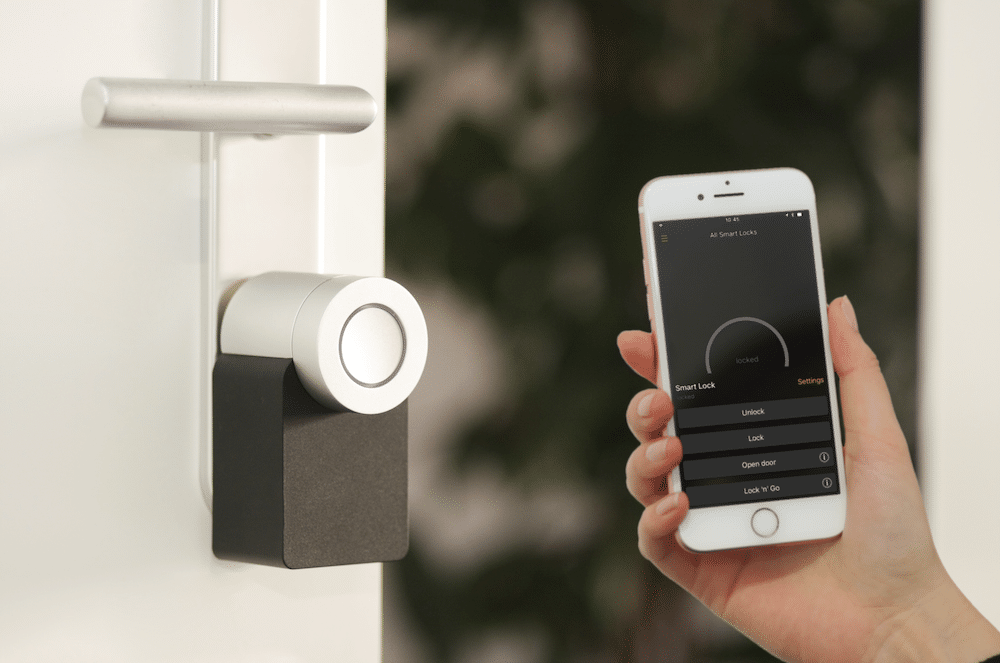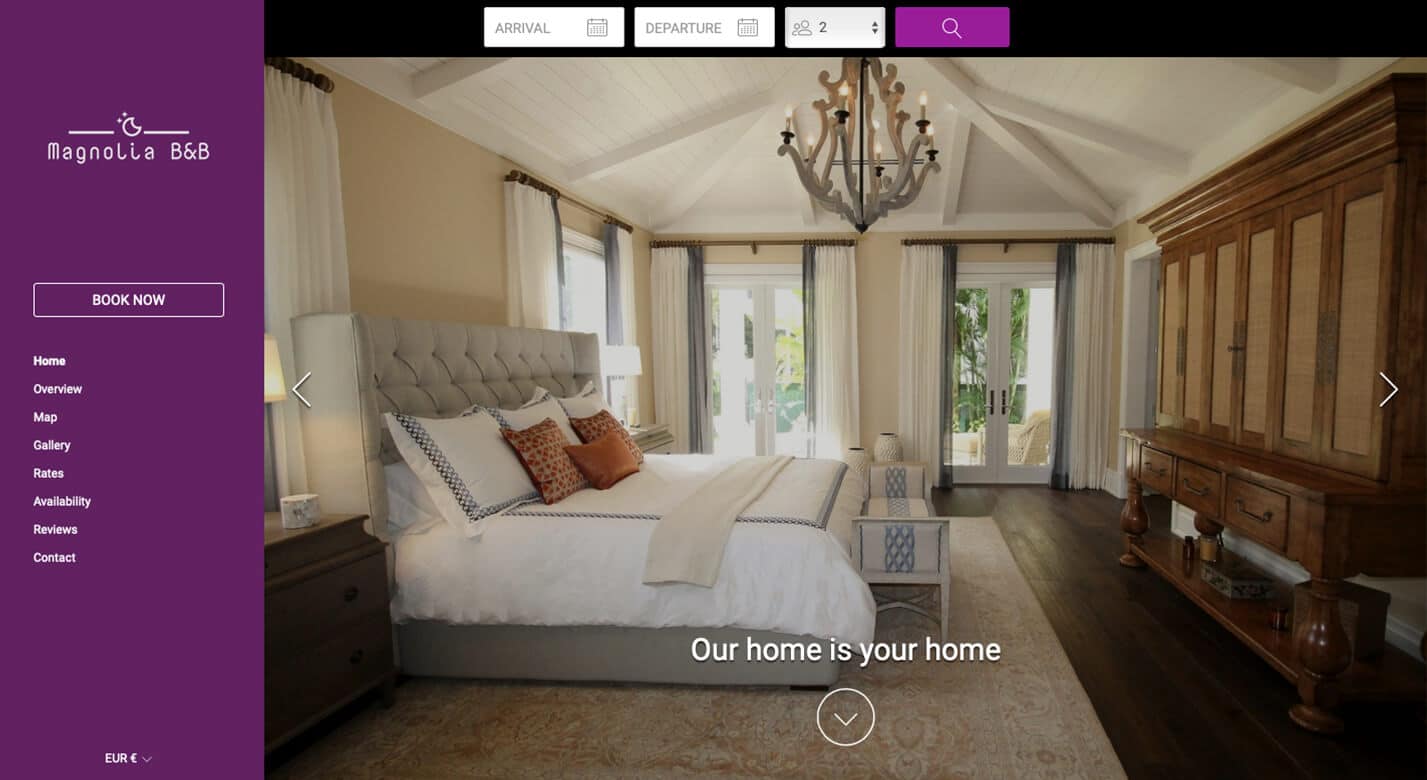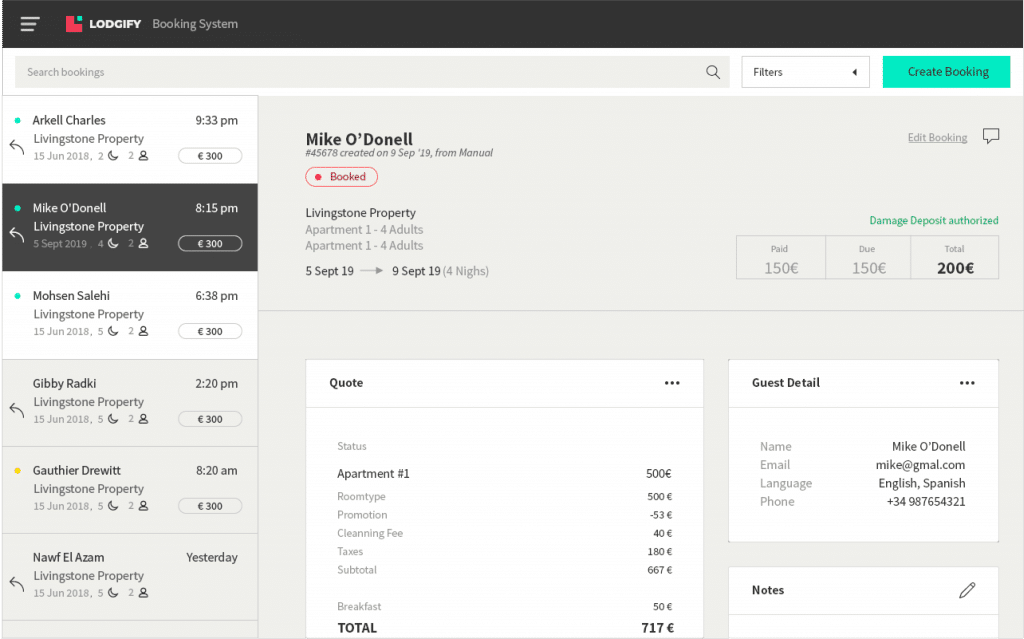Governments around the world have closed their borders and have decreed mandatory confinements of their citizens. This drastic measure, necessary to stop the increase of the number of infections, is impacting the tourism sector and most importantly, the short-term rental and vacation rental industry.
Although we understand how concerning these times are, the Coronavirus crisis is a temporary setback and we recommend to start preparing for when everything goes back to normal (hopefully soon!). If you’re going to stay home for the next few days, you can take advantage of this time to analyze your business and ways to improve.
Here are several ideas to make the most out of these uncertain times.
DISCLAIMER: These tips are simply recommendations and should not be regarded as official guidelines. We recommend to listen to local announcements and visit the World Health Organization’s website to stay updated on the necessary precautions you should take to protect your business.
1. Sanitize and Disinfect Your Property
It’s more important than ever to clean your vacation rental thoroughly before and after every guest. The most successful way to avoid spreading the virus is to maintain a clean and disinfected environment.
This means, disinfecting the entire house, including remotes, doorknobs, window handles, taps, stair railings, light switches, kitchen appliances, etc. Disinfect everything with the right products and be sure to scrub all surfaces.
In addition, wash your linens and towels at high temperature at all times, and cover your bedding with mattress and pillow protectors.
Keeping your vacation rental disinfected will protect your guests and your property from the virus. If you want your guests to stay safe during their stay, you can print out this safety precaution checklist we’ve created for you:
2. Revise your customer reviews (and learn from them!)
A good starting point is to analyze and reflect on how your past customers have reviewed your property. Review the comments and reviews of the last few guests to find opportunities on how to improve your business.
Negative reviews will help you understand what guests didn’t like about your property; from lack of cleaning or faulty appliances to insufficient Wi-Fi speed or excessive noise – there are many reasons why you may receive negative opinions.
In some cases, it’ll be easy to find solutions while in others, you will have to invest more time, money and effort. Repairing a broken toaster is not the same as soundproofing the whole rental. Focus on the things you can easily fix from your living room and leave the rest for later.
In addition to reflecting on all of the improvements, you can implement, remember to always respond to all your reviews; both negative and positive.
You can also look through all of your positive reviews and think about how you can improve or enhance your customer’s favorite amenities or services so you can offer an even better guest experience to future guests.
3. Upgrade your property

Your rental should always meet the highest standards of comfort, cleanliness and convenience. In order to maintain high expectations, take this opportunity to review the quality of your vacation rental and make some improvements.
Consider incorporating smart home devices into your vacation rental such as gadgets that will help you save on energy bills, improve your home security, and automate different day-to-day processes.
Take advantage of this period to investigate what devices you should add to your rental. Automatic locks, thermostats and smart bulbs or virtual assistants are some of the gadgets that are in demand at the moment.
Plan the investment, make online purchases and install the devices yourself. Make sure everything is ready for when economic and tourist activity gets back to normal.
4. Cater to new target audiences
As there has been a decline in travel due to the outbreak of the coronavirus, fewer international guests are reluctant to go abroad. Therefore, it’s a good idea to target a new type of travelers such as domestic travelers, pet owners and families.
In order to target national guests, advertise and list your rental on domestic channels that are most frequently used in your country.
- North America: HomeAway/Vrbo, Airbnb and Expedia
- Europe: Airbnb and Booking.com
- Asia: Agoda
- Rest of the world: All of the above, plus TripAdvisor and local channels
There may be some travelers that want to escape the big cities and enjoy more space and practice social distancing in an easier and safer way in your vacation rental.
Consider reaching out to past guests who are from your country through marketing emails. For example, you can offer a repeated guest 20% off their total rate if they book within the next 48 hours.
If you’d like to know more about how to target domestic travelers, we recommend you check out our blog post: “How to Market Your Vacation Rental to Domestic Travelers“
5. Get in touch with travel nursing agencies
Desperate times call for desperate (but smart) measures. Because most hospitals may be understaffed, they’re hiring travel nurses across the globe. So if your properties are near hospitals, you can try to contact agencies that staff travel nurses and offer them a place to stay.
6. List Your Property on Different Channels
If you’re only using one online platform to advertise your vacation rental, consider distributing your listing across different OTAs. In turn, this will give your business more exposure and can generate more bookings.
Many owners and managers choose to use vacation rental listing sites to complement the activity they’re already doing on their own websites. In fact, it’s a great way to get more guests looking at your rental and increase your bookings. In addition to listing your property on different listing sites, we also recommend spending some time testing a channel manager. This tool will help you synchronize your calendars from one place.
7. Improve your property descriptions and pictures
Good descriptions, accompanied by high-quality pictures, can help you multiply your vacation rental reservations. Use this time to optimize the content of your website and your ads on external platforms, such as Airbnb, Vrbo or Expedia.
Describe your property in detail and mention all of the amenities and services you offer. Review your descriptions until you find the right way of defining the experience of staying at your property.
Although you can’t hire a professional photographer at the moment, this may be the perfect opportunity to learn How to Take Professional Photos and edit your images like a pro. There are no excuses!
8. Monitor Competitors’ Prices
Carry out an exhaustive analysis of your competition. Pay special attention to their rates, and analyze what price range you’re in compared to other vacation rentals in your area. Adjust your prices to be competitive (as long as your expenses allow it!).
We recommend adjusting prices to fill in some gaps caused by cancelations and lack of travel. Try using dynamic pricing tools including Pricelabs to simplify pricing and stay restrictions. You will save time and be more competitive!
9. Create and/or optimize your vacation rental website

In addition to listing on other channels, now is the perfect time to get your own website for your vacation rental business. According to vacation rental statistics from iProperty Management, 67% of travelers prefer to book on a branded website instead of a third-party site. What’s more, nearly 70% acknowledge that they are saving when making a reservation on a branded website.
Having your own vacation rental website means not only will you save on OTA fees, but your guests will too and will be actually searching for your vacation rental online to beat these extra charges.
Once you’ve got your rental website up and running, or if you already have one, include a note which informs your guests about the virus and where you stand.
But don’t worry! Read our free SEO guide with 50 tips on how to improve your positioning. You don’t have to be an SEO specialist! Follow our guidelines and stand out from your competition.
10. Take free online courses
There are numerous free online courses that can help improve your vacation rental business and increase reservations online.
For example, Google, offers free online courses that can help you manage your business. Among them: “fundamentals of digital marketing”, “promote an online company”, “how to improve and protect your online campaign” or “personal productivity”, to name a few.
In addition, since these are official courses, when you complete them you will receive a Google certification.
11. Offer Discounts and Promotions

Offers and discounts have always been one of the biggest incentives to motivate a person to take action and make a purchase, and this certainly also applies to the travel industry.
Although travel has decreased in some parts of the world, you can still encourage guests to stay in your rental by offering discounts and promotions. You can target both last-minute and early bookers and early bookers, as well as guests searching for accommodation.
We also recommend considering offering discounts for travelers that are looking for longer stays in order to see out any periods of isolation in one place. If you have a loyal customer base, consider sending them discounts that can be used to future vacations once this situation passes.
With Lodgify, you can easily create coupon codes for your vacation rental website, and share these on social media platforms such as Instagram and Facebook. Consider promotions based on length of stay, booking date and stay date.
12. Reduce your Minimum Night Stays
In addition to being more flexible with your cancellation policies, we also recommend reducing your minimum night stay restrictions. The lower the minimum night stays, the more you will show up in search results on online booking sites.
This will help you lock in last-minute bookings and increase your occupancy.
13. Flexible cancellation policies & offer guests “rebook for later”
In addition to offering your customers a discount, you can also offer them the possibility to move their booking into a later date or the same date in 2021. This will allow you to secure the booking and it’ll also be something to look forward to for your guests!
14. Highlighting your cleaning procedures
Let guests and potential bookers know on social media, your listings and your website that you’ve taken all the necessary safety and precaution measures.
For example: “we are aware of the outbreak of the coronavirus. At (rental name) we have taken all the necessary precaution measures to ensure a safe experience for our guests,” and include the points mentioned above (disinfected property, hand sanitizer, and prevention checklist.)
Guests will feel at ease and will know they have nothing to worry about when staying in your vacation rental.
In addition, if there haven’t been any COVID-19 cases in your region, you can include that information on your property description. This information will reassure guests your rental is low risk and will persuade them to book with you.
15. Find the right software for your vacation rental business
Managing a vacation rental requires a great deal of time and effort. Therefore, you should consider using software that will help you streamline your tasks.
Using vacation rental software such as Lodgify, will save you hours of work and help you increase your direct bookings. Additionally, our channel manager will allow you to integrate your external listings, such as Airbnb, Booking.com and Expedia, and automatically synchronize your calendars to avoid double bookings.
Start our free 7-day trial and see what a vacation rental software like Lodgify can do for you.
Think about your targets and goals for this year and recalibrate. Tough times present new challenges and opportunities. And we’re sure our vacation rental community will use their creativity, strength and leadership to surpass this crisis.




